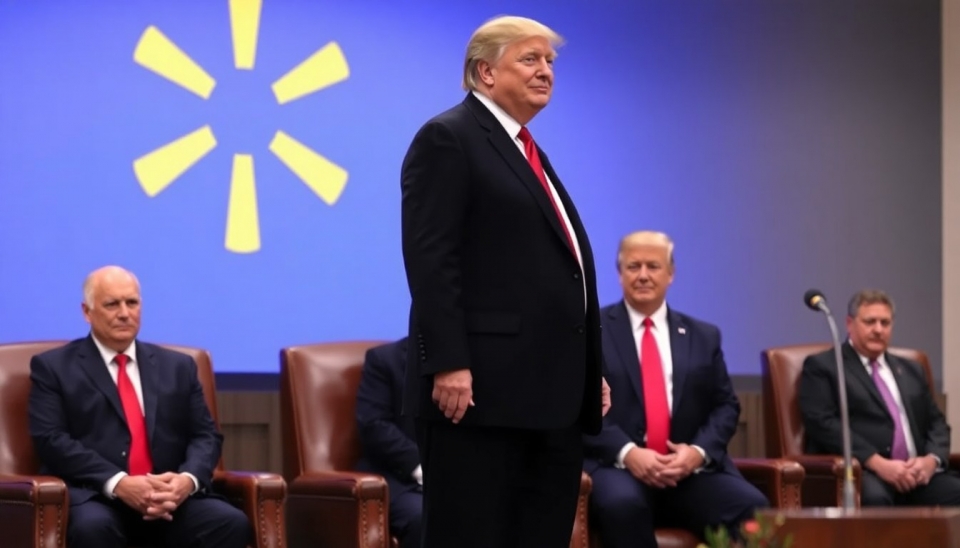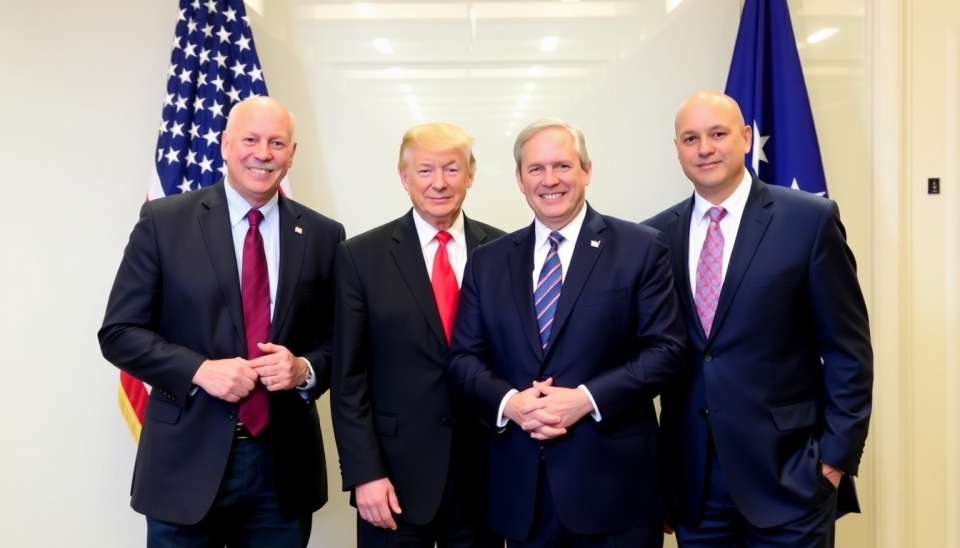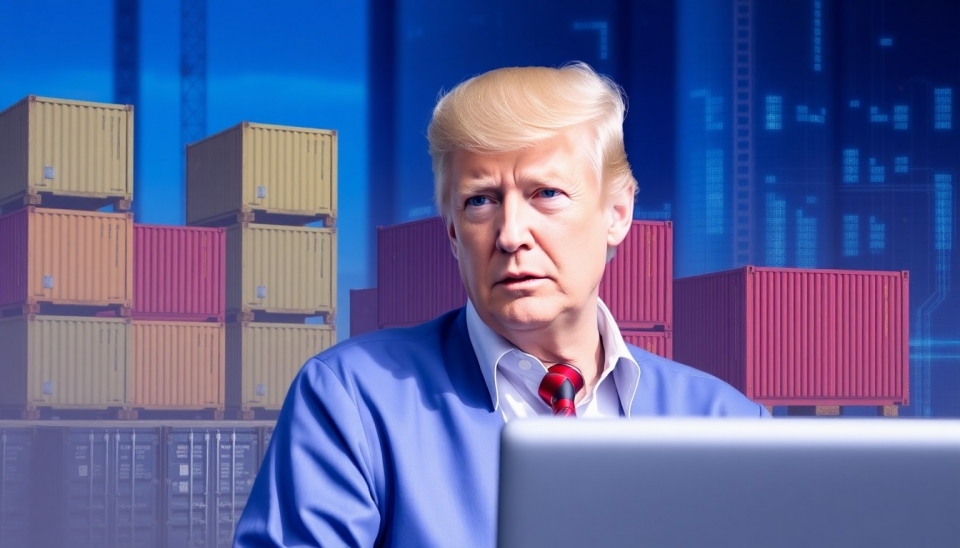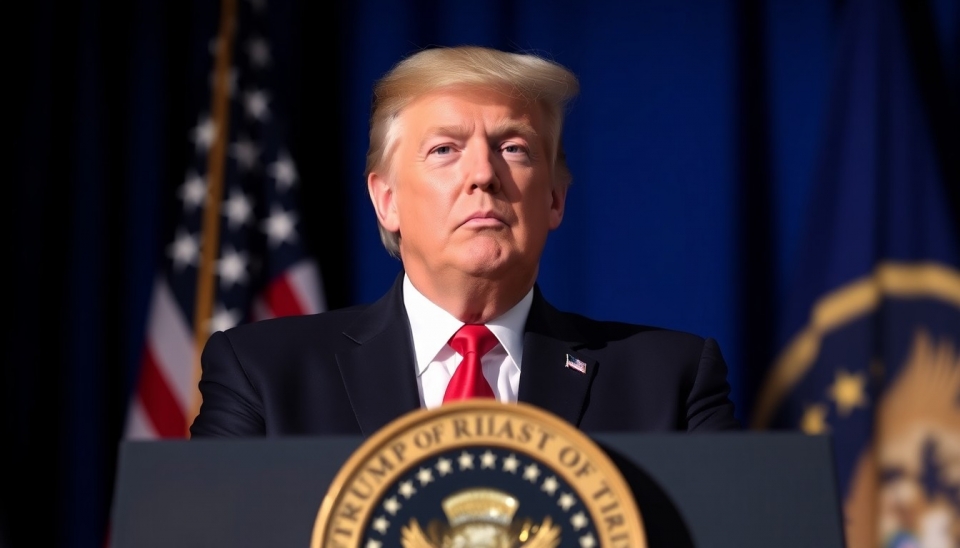How Trump's Tariffs Could Impact the US Labor Market
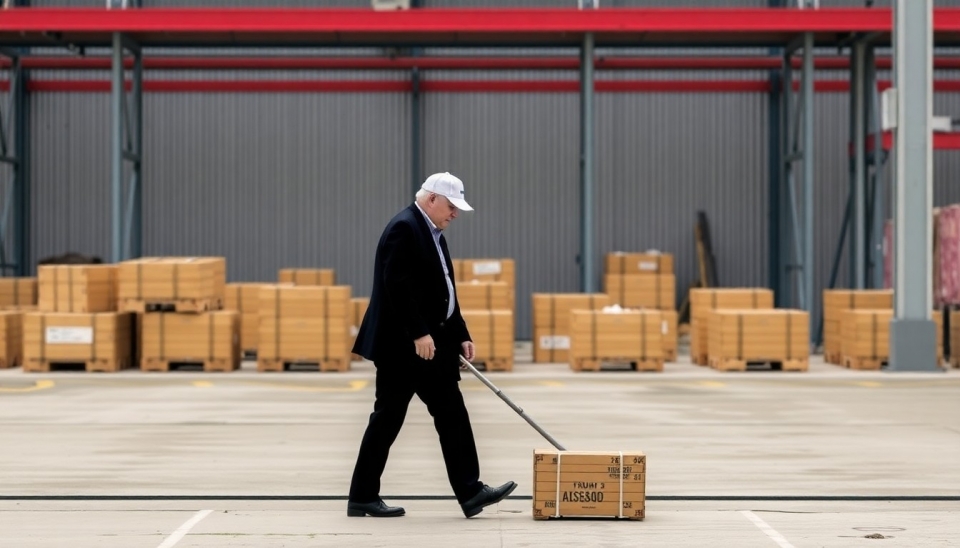
A recent analysis indicates that tariffs imposed by former President Donald Trump on imports from China significantly impacted the labor market in the United States. While the adjustments were intended to protect American goods and jobs, they have also resulted in unforeseen consequences for the workforce and the economy at large. The tariffs were aimed at reducing the trade deficit and supporting local manufacturers, but data show that they led to increased prices for consumer goods, which in turn affected the purchasing power of American citizens.
According to the analysis, many sectors, such as manufacturing, which were expected to benefit from these new policies, struggled to adapt to the changing conditions. Instead, some companies began to lay off workers or shut down, indicating that the effects of the tariffs were not straightforward. Some jobs were shifted overseas as companies sought more favorable business conditions.
Additionally, the tariffs impacted supply chains, making them more complex and costly. This also hindered the competitiveness of small and medium-sized enterprises by increasing their production and operational costs.
Economists warn that the consequences of tariff policy could have long-term implications for economic growth. As a result, some experts suggest that economic growth may slow down in the coming years, putting additional pressure on the labor market and unemployment rates.
It's important to note that while policies aimed at protecting American manufacturing may seem favorable, their actual impact on the economy and workers is ambiguous. Further research is needed to fully understand the implications of the tariffs and to develop more effective economic strategies.
